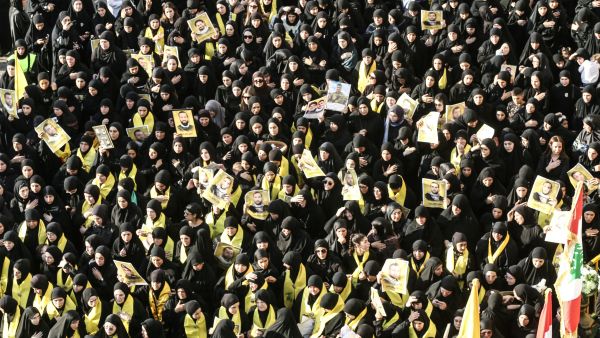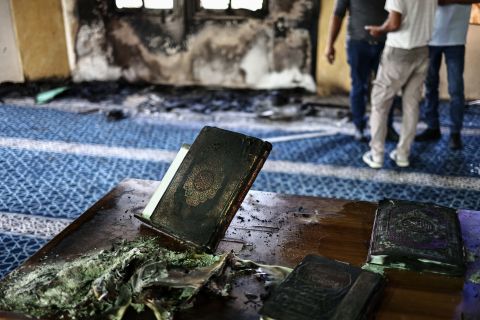ALBAWABA - According to a number of intelligence reports from Washington and Tel Aviv, Hezbollah is going through one of the biggest internal conflicts in its history, which analysts have dubbed a “Shiite revolt” against the Iran-backed organization's hegemony in Lebanon. The turmoil comes after Hezbollah's leadership was criticized for the first time and Shiite public discontent grew.
Hezbollah's deputy leader, Naim Qassem, sparked controversy after he released an open letter restating the organization's refusal to disarm and its rejection of government control over military decisions, according to the Israeli daily Yedioth Ahronoth. Qassem's comments followed Lebanese President Joseph Aoun's call for direct peace negotiations with Israel, which signaled a significant change in Beirut's position.
Although Qassem maintained that Hezbollah would keep its arsenal and “resist Israeli aggression,” his remarks drew harsh criticism from prominent Shiite clerics and public figures who charged the organization with entangling Lebanon in a never-ending war and destroying its economy. Videos were released by a number of Shiite activists calling on their community to support government initiatives to regain sovereignty and demand that Hezbollah disarm.
Lebanon’s Political Landscape Shifts
According to the report, General Aoun's government in Lebanon currently has more political and military clout than it has in previous decades. Hezbollah's deteriorating battlefield capabilities, the depletion of the Shiite base, and dwindling Iranian financial support are the reasons for this improved stance.
According to reports, Iran gave Hezbollah roughly $1 billion in 2025, but the majority of that money was used to compensate the families of fighters who had died and displaced people from southern Lebanon. The group's cash reserves have been further taxed by Israeli strikes that targeted its financial institutions, especially the al-Qard al-Hasan association.
Investors eager to contribute to Lebanon's reconstruction, meanwhile, are awaiting Washington's approval—a signal that the U.S. Hezbollah's complete disarmament is a condition that President Donald Trump has set.
An Upcoming Deadline
The political fate of Hezbollah might be determined sooner rather than later. Yedioth Ahronoth was informed by sources that the U.S. government has given the group until December 2025 to turn over its weapons. They cautioned that noncompliance might exacerbate Lebanon's economic collapse and lead to international sanctions.
Hezbollah is anticipated to lose a great deal of political and military clout in Lebanon when parliamentary elections are held in May 2026. According to U.S. and Israeli officials, the group will soon have to decide between disarming under a framework led by the West or risking more Israeli military action.
Efforts to Strengthen
Hezbollah has stepped up efforts to repair some of its military facilities in spite of the growing pressure. According to reports, workshops in the Beqaa Valley and southern Lebanon are using smuggled materials and simple tools to produce small quantities of drones and rockets. Additionally, Israeli intelligence has discovered the acquisition of commercial drones from Europe and China that are subsequently modified for military use.
Israel has targeted these facilities, especially those north of the Litani River and in Beirut. According to analysts, Hezbollah's current military buildup is more about threatening domestic rivals and gaining political clout in Beirut than it is about attacking Israel.
The Potential for Civil War
In an attempt to avoid conflict, Lebanon's army has started to uncover Hezbollah's secret weapons caches in civilian and forest areas. Israeli security officials caution that Hezbollah's attempts to hold onto its weapons could upset the delicate political equilibrium and possibly spark civil unrest similar to that which occurred in the 1970s.
Even though Hezbollah is determined to rebuild, Israeli and Western analysts are hopeful that growing internal resistance and external pressure will eventually compel the group to disarm, ending its long-standing hegemony over Lebanon's military and political landscape.










